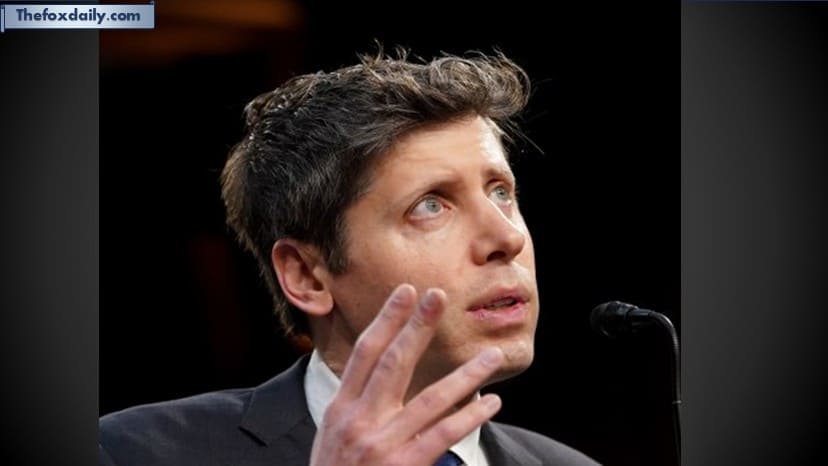
TORONTO — In Silicon Valley, the vocabulary used to describe Artificial Intelligence is become more religious as its rapid, unchecked development continues.
Here are some of the major players’ opinions, ranging from foretelling the possible end of humanity to a transhumanist apocalypse in which humans merge with artificial intelligence.
___
“I believe that if we create new beings, Religion would face difficulties. We may begin to realize we’re not as unique as we once believed once we begin to create entities who are capable of independent cognition, action, and possibly even physical form if they are robots. Additionally, the notion that we are unique and that we were created in God’s image may be abandoned.
— Geoffrey Hinton, the Nobel Prize winner, is frequently referred to as the “Godfather of AI” due to his groundbreaking research on neural networks and deep learning.
___
In just 20 years, by 2045, we will have a million times more power. Additionally, we will be able to have knowledge in all areas.
— computer scientist and author Ray Kurzweil, who thinks AI and humans will coexist.
___
“There are undoubtedly aspects of technology that have an apocalyptic quality and have grown incredibly powerful over the past century or two. It could also seem odd to avoid attempting to connect it to the biblical tradition.
— Peter Thiel, co-founder of PayPal and Palantir, speaking at Stanford University’s Hoover Institution.
___
The four major AI CEOs in the United States, in my opinion, are contemporary prophets with four distinct gospels, and they all convey the same fundamental message: “This is so dangerous and so scary that I have to do it and nobody else.”
— Max Tegmark, a Massachusetts Institute of Technology physicist and machine learning researcher.
___
“It’s almost as if they think they’re creating God or something when people in the tech industry talk about creating this one true AI.”
― Mark Zuckerberg, CEO of Meta, during a podcast touting his company’s AI initiative.
___
“Everyone—including AI companies—will have to contribute in order to minimize dangers and fully reap the rewards. However, it is a world worth defending. If the majority of diseases are eradicated, biological and cognitive freedom increases, billions of people are lifted out of poverty to enjoy the new technologies, liberal democracy and human rights are revived, and all of this actually occurs over the course of five to ten years, I have a feeling that everyone who watches will be taken aback by the impact it has on them.
— In his essay, “Machines of Loving Grace: How AI Could Transform the World for the Better,” Anthropic CEO Dario Amodei.
___
“You and I are experiencing a once-in-human-history shift in which we from being the most intelligent species on Earth to no longer being the most intelligent species on Earth.”
– Sam Altman, CEO of OpenAI, in a TED Talks interview.
___
It’s very simple to turn to fantasy and the need for a universally applicable answer when faced with these enormous, frightening issues that are difficult to solve. When the future seems unpredictable and frightening, I believe it’s the reason why so many individuals resort to cults and other extreme views. This is not different from that, in my opinion. They just have billions of dollars to actually enact their ideas.”
— Dylan Baker, the Distributed AI Research Institute’s principal research engineer.
For breaking news and live news updates, like us on Facebook or follow us on Twitter and Instagram. Read more on Latest Business on thefoxdaily.com.






COMMENTS 0